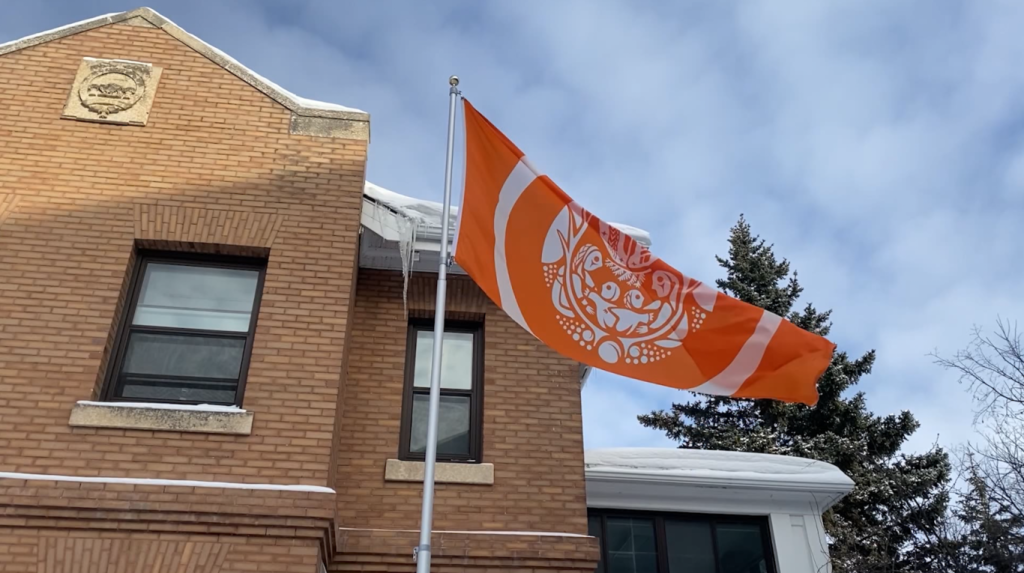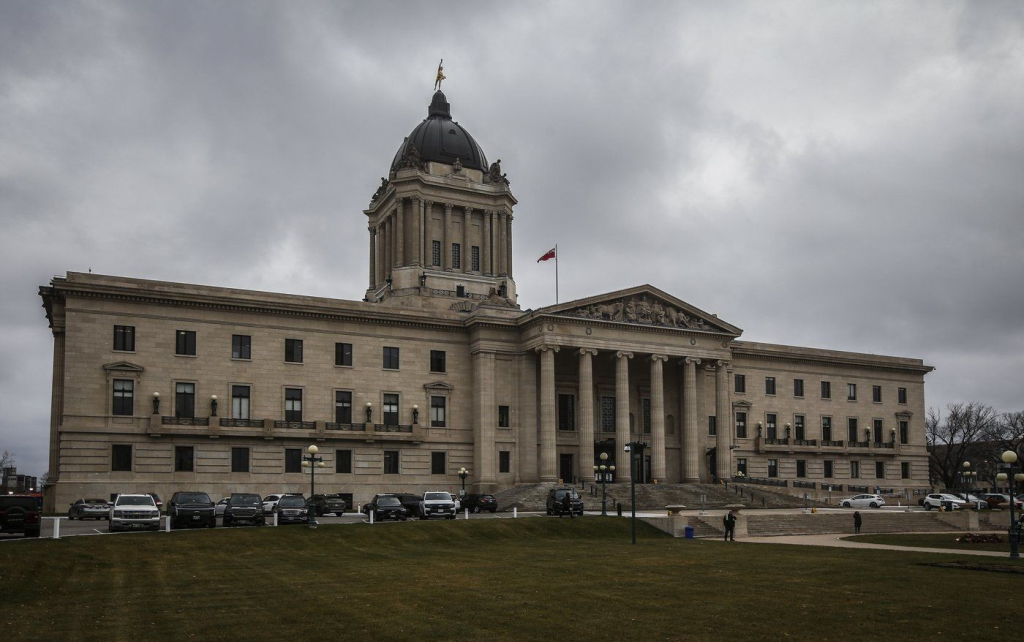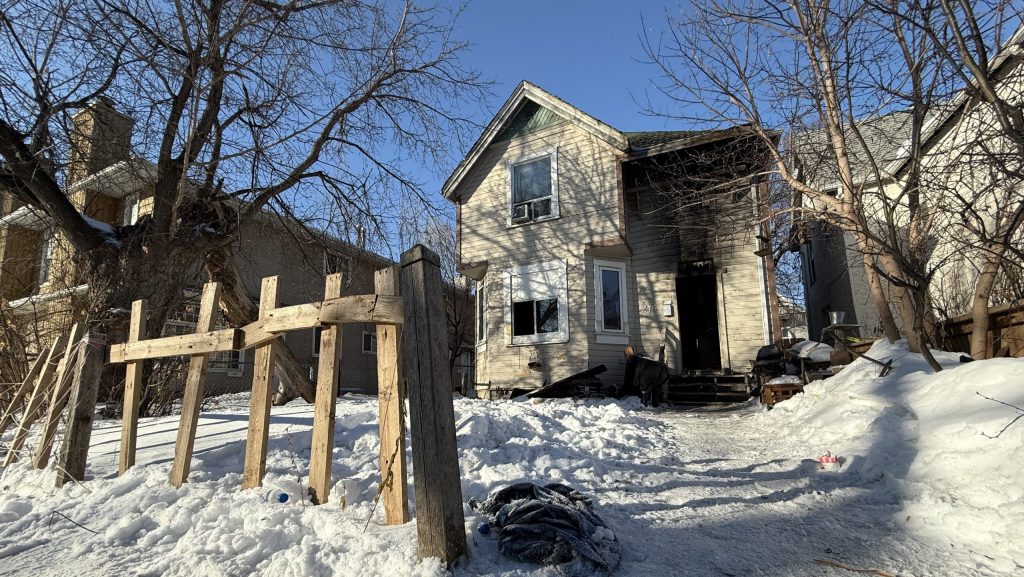Calls for Ottawa to apologize for hiring international group to advise on unmarked graves

Posted February 21, 2023 5:25 pm.
Last Updated February 21, 2023 6:32 pm.
A reconciliation advocate whose father was a residential school survivor wants Ottawa to apologize for hiring an international group to consult on the search for unmarked graves.
Crown-Indigenous Relations and Northern Affairs Canada hired a Netherlands-based organization to launch “an extremely sensitive engagement process” on issues surrounding possible gravesites near former residential schools.
Critics have said there are many problems with the government’s $2 million contract with the International Commission on Missing Persons (ICMP).
BACKGROUND: Feds’ hiring of international group to advise on unmarked graves called ‘misstep’
Now advocate Kyle Mason wants Ottawa to reconsider and issue an apology.
“I certainly hope the federal government will hear this, apologize and make changes,” he said.
Mason says it’s vital Indigenous groups are involved in the discussions, including survivors. He adds it’s important not to forget the sensitivity this work requires.
“We’re still talking about the remains of children – thousands and thousands of children who were disregarded like trash,” he said. “This is inhumane. This is unthinkable. This is a terrible blight on Canada that needs to be handled with delicacy, care and thoughtfulness.”

National Centre for Truth and Reconciliation in Winnipeg on Feb. 21, 2023. (Credit: CityNews/Alex Karpa)
The National Centre for Truth and Reconciliation (NCTR), which is located in Winnipeg, has also voiced its concern with Ottawa’s hiring of the international group.
“It’s difficult to believe that it can be done in a sensitive and respectful way,” said Raymond Frogner, the NCTR’s head of archives.
“I don’t know if it is a lack of trust, but certainly it continues a narrative of the federal government taking lead on any type of initiative that concern Indigenous communities, rather than allowing the communities to speak for themselves.”
WATCH: The survivor-led search for missing children and unmarked burials
Federal officials say Indigenous facilitators will be involved in discussions throughout the consultation process with the ICMP.
But the NCTR and other Indigenous advocates say the work surrounding the search for unmarked graves must be done independently from Ottawa.
Dr. Kisha Supernant, a member of the National Advisory Committee on Residential Schools, Missing Children and Unmarked Burials, says she was caught off guard by the agreement.
“There have been two independent arms-length bodies set up by the federal government that are Indigenous-led that were not involved in developing this agreement or bringing in the ICMP in any way,” she said.
READ MORE:
- How ground-penetrating radar is used to find unmarked graves at residential schools
- The continuing search for missing children and unmarked graves
- RCMP investigating possible grave site at former residential school in Manitoba
Supernant says there is a possibility the Dutch firm could make a positive contribution to the work that is happening across the country, but says there is a cultural barrier to what Indigenous groups in Canada are dealing with.
“There are many different Indigenous nations across a very broad landscape and across a very long period of time,” she added. “I think there is a lot of clarity that needs to bring before we can understand what the ICMP can bring to the table.”
Supernant says she would have liked to see more consultation with the National Advisory Committee before any deal was signed.
The NCTR says it has raised concerns in a meeting with Minister Marc Miller and will be providing more recommendations for measures to respect those who will be impacted by this process.








